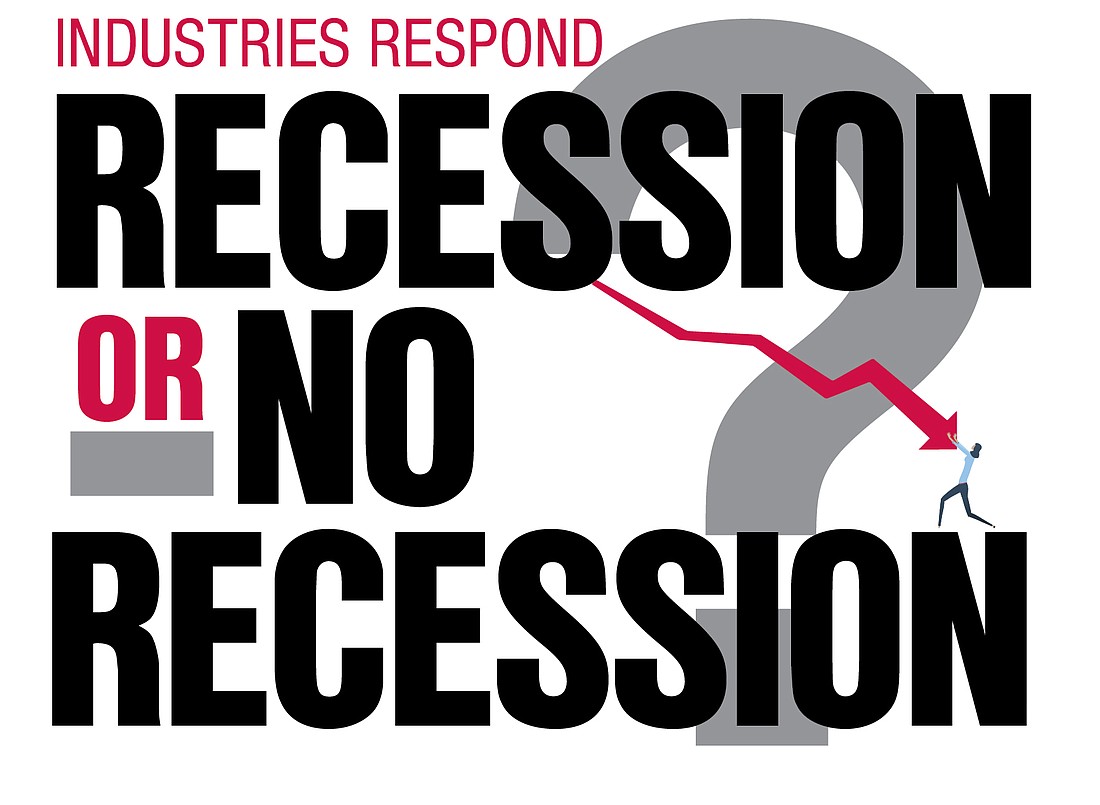- July 26, 2024
-
-
Loading

Loading

Sales of big-ticket luxury items, such as boats and recreational vehicles, surged during the COVID-19 pandemic, even to the point that order backlogs became an issue for some dealers.
Tampa-based Lazydays Holdings Inc. (NASDAQ: LAZY), the nation’s largest RV dealer, saw a 90% increase in sales between May 2019 and May 2020, though that boom was preceded by layoffs and a freezing of pay increases and matching 401(k) contributions. The company posted $373.6 million in revenue in the most recent quarter, up $50.8 million over the second quarter of 2021, according to an earnings report.
And by some accounts, it appears that not even recession fears are slowing down the industry surge.
“I think you’ll see a very robust market (in 2023) because people gravitated toward a lifestyle shift for how they want to travel and vacation,” says Famous Rhodes, chief marketing officer at RV Retailer LLC, a Fort Lauderdale-based company that was founded in 2018 and now owns more than 100 RV dealerships in 32 states, including Airstream of Tampa and RV One Superstore, both located in Dover, along Interstate 4 between Tampa and Plant City.
Airstream of Tampa, led by Market Vice President Anthony Sahli and General Manager Jessica Herman, was recently recognized as the brand’s worldwide leader in sales.
“Think of it as a wave,” Rhodes adds. “This happens in the automotive industry, as well. I think we’re in a very strong position as an industry, overall.”
Rhodes says the industry’s recent peak was so high that a flat or even down year wouldn’t be cause for concern. It could even be a blessing, because it would allow RV dealerships to focus more on hiring and training service personnel, because, with so many new RV owners on the road, service departments are expected to be a huge driver of revenue in the years to come.
“Coming one of the top five highest sales years in the history of the RV business, now’s a great time to double down on your service department,” Rhodes says. “Give them the appropriate training. Even if sales falter because of the economy, I think you’ll still pick up quite a bit of slack on the service side if you focus properly.”
Rhodes says RV owners are three times as likely to buy a vehicle from the dealership that services their current RV, making service departments even more critical to long-term growth. “Incredible service,” he says, “will keep the industry healthy for the next five to 10 years.”
Rhodes doesn’t pretend there’s no cause for concern about the economy, but he says he and his colleagues in the RV industry look at indicators such as consumer confidence, employment levels and interest rates to guide their decision-making.
Although inflation remains painfully high, July’s numbers are expected to be slightly lower than June’s, and the recent dip in gas prices give Rhodes hope.
“I think we’ll be in a good position to say maybe we’re not in a recession,” he says. “Employment and interest rates are big, no question. As you can imagine, over half of our sales are financed, so interest rates are important for us. We want to make sure we get the best possible payments for our consumers who are buying a RV.”